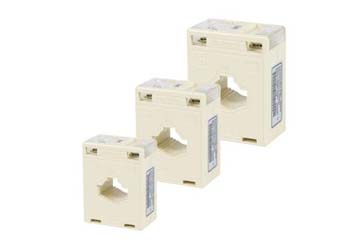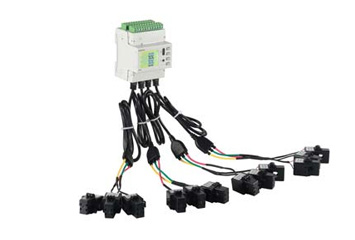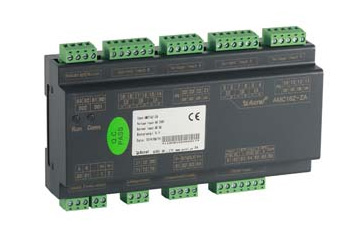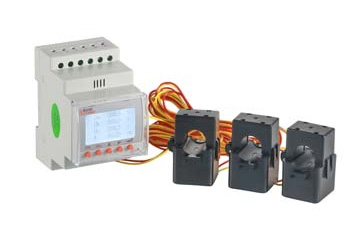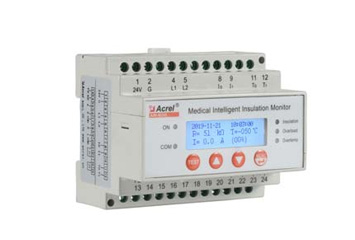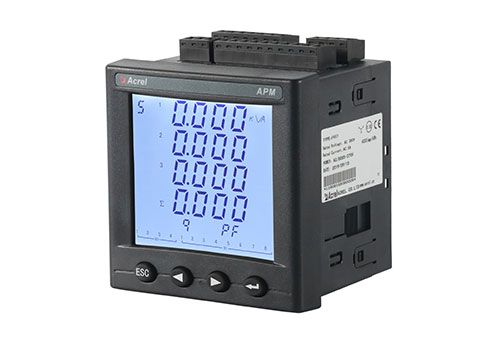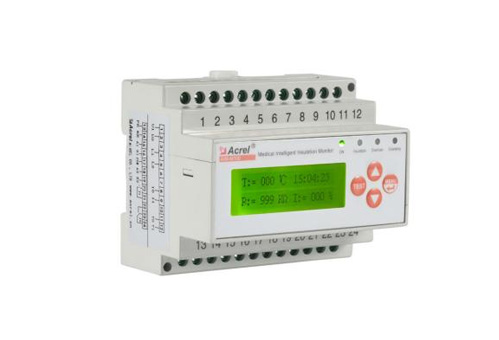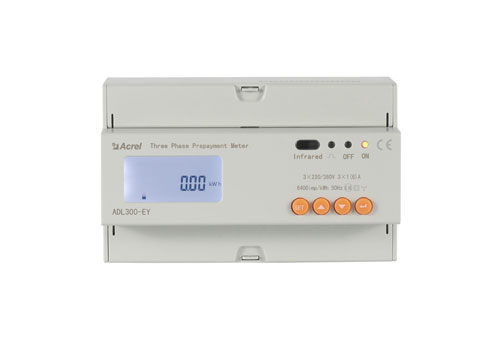In the intricate landscape of electronics, where signal integrity is paramount, Analog Voltage Isolators emerge as essential components, ensuring the reliable and safe transmission of signals. This passage seeks to unravel the multifaceted role played by Analog Voltage Isolators in the realm of electronics, shedding light on their significance in maintaining signal quality and protecting sensitive electronic systems.
At the core of Analog Voltage Isolators lies the principle of galvanic isolation, a fundamental concept that separates input and output circuits electrically. This isolation breaks the potential path for current to flow between the two circuits, mitigating the risks associated with ground loops and eliminating the potential for electrical hazards. By establishing this robust barrier, Analog Voltage Isolators safeguard both the integrity of the signal and the safety of connected electronic systems.
Mitigating Ground Loops and Noise
One of the primary functions of Analog Voltage Isolators is to mitigate the impact of ground loops on signal quality. Ground loops, often a source of unwanted noise and interference, can compromise the accuracy and reliability of signals in electronic systems. Analog Voltage Isolators break the electrical connection between different grounds, preventing the flow of undesirable currents and ensuring that signals remain free from distortions caused by ground loop effects.
Protecting Sensitive Components in Industrial Environments
In industrial settings, where electronic systems often face harsh conditions, Analog Voltage Isolators play a crucial role in protecting sensitive components. These isolators act as guardians, shielding measurement and control systems from external factors such as electromagnetic interference, voltage spikes, and potential ground faults. This protective barrier ensures the longevity and reliability of electronic systems in industrial environments, contributing to the overall resilience of critical infrastructure.
Enabling Reliable Long-Distance Communication
Analog Voltage Isolators are instrumental in facilitating reliable long-distance communication. When signals traverse extended distances, they are susceptible to voltage drops and interference. Analog Voltage Isolators act as signal guardians, isolating the transmitted signals and preserving their quality over distance. This capability is particularly valuable in applications such as telecommunication and remote sensing, where signal integrity is paramount for accurate data transmission.
Integration in Data Acquisition Systems
The integration of Analog Voltage Isolators is fundamental in data acquisition systems, where precise signal acquisition is essential. These isolators provide a protective barrier against common-mode voltages, ensuring that sensitive measurement equipment remains shielded from potential damage. In data acquisition applications, where accurate readings are crucial for scientific research or industrial monitoring, Analog Voltage Isolators become indispensable for maintaining the integrity of collected data.
Preserving Signal Fidelity in High-Precision Instrumentation
In high-precision instrumentation, where accuracy is non-negotiable, Analog Voltage Isolators play a vital role in preserving signal fidelity. These isolators isolate analog signals with minimal signal loss and distortion, ensuring that measurements are precise and reliable. In applications such as medical instrumentation, where the accuracy of diagnostic readings is critical, Analog Voltage Isolators contribute to maintaining the integrity of signals, enabling high-precision instrumentation to deliver accurate results.
In the intricate dance of electrons within electronic systems, Analog Voltage Isolators emerge as silent guardians, ensuring the purity and integrity of signals. Their role in breaking ground loops, mitigating interference, and providing galvanic isolation is fundamental to the reliability and safety of electronic systems. From industrial environments to data acquisition systems and high-precision instrumentation, the understanding of Analog Voltage Isolators' role in electronics is pivotal. As technology progresses, these isolators continue to be instrumental, promising a future where signal integrity remains sacrosanct in the realm of electronic communication.
 English
English
